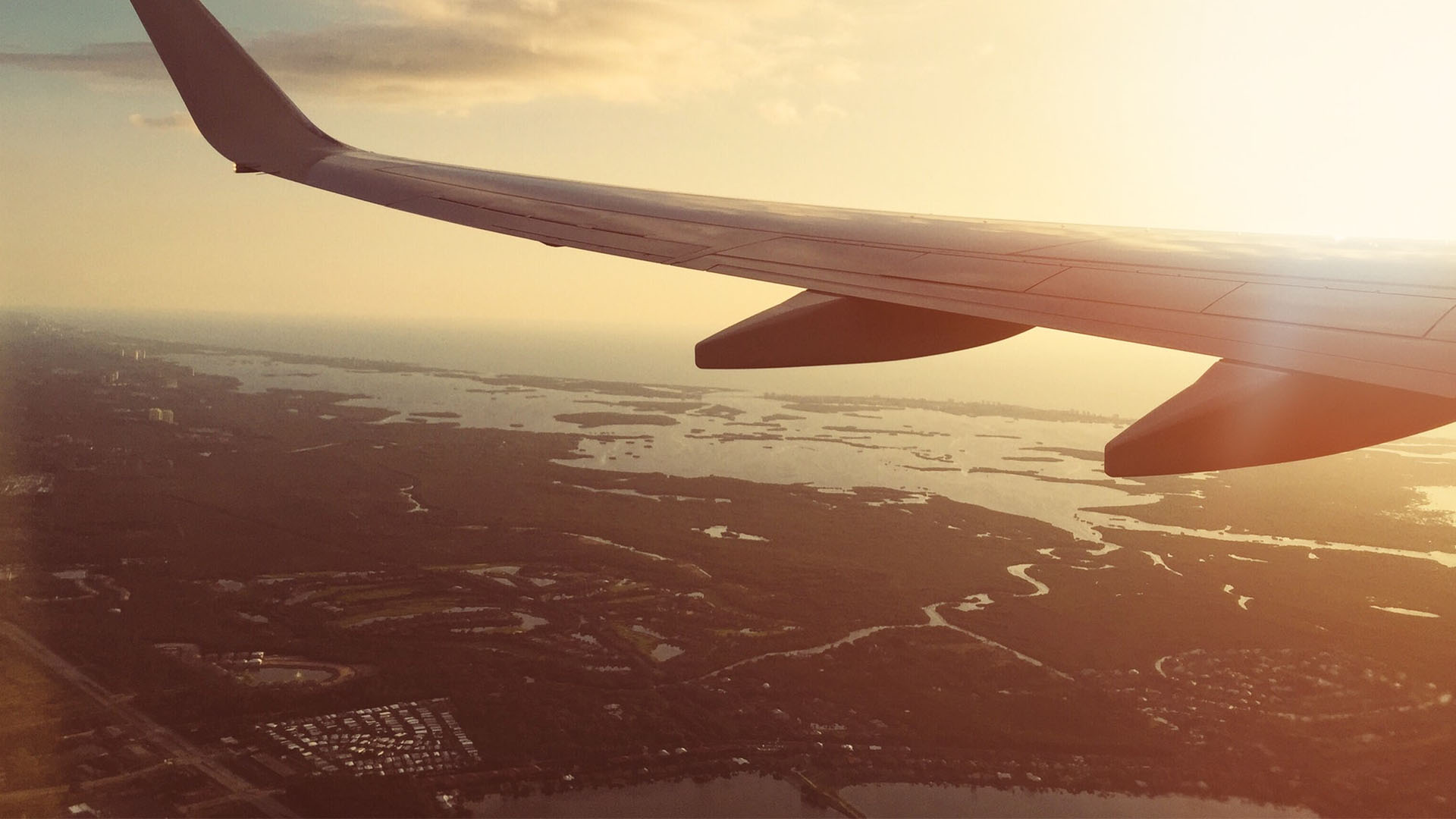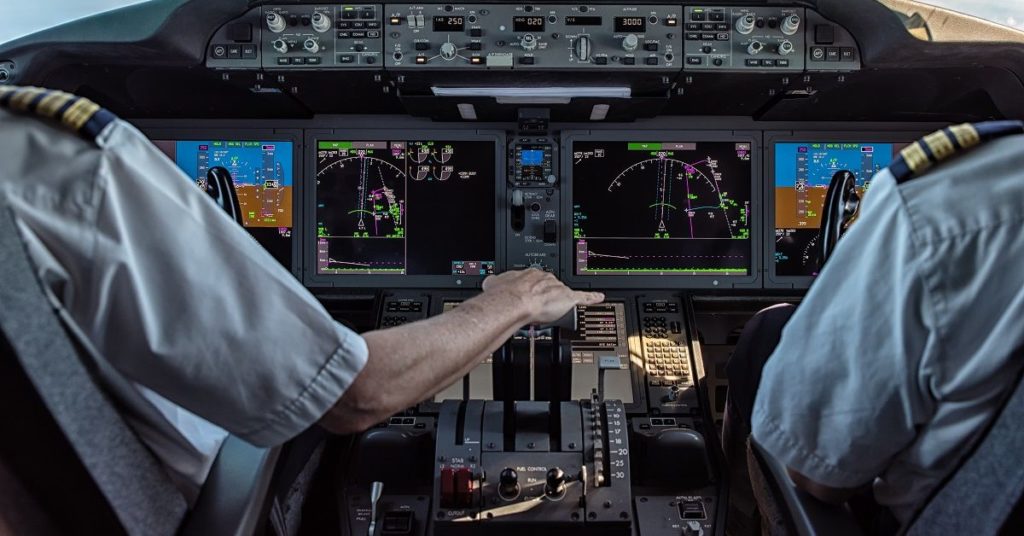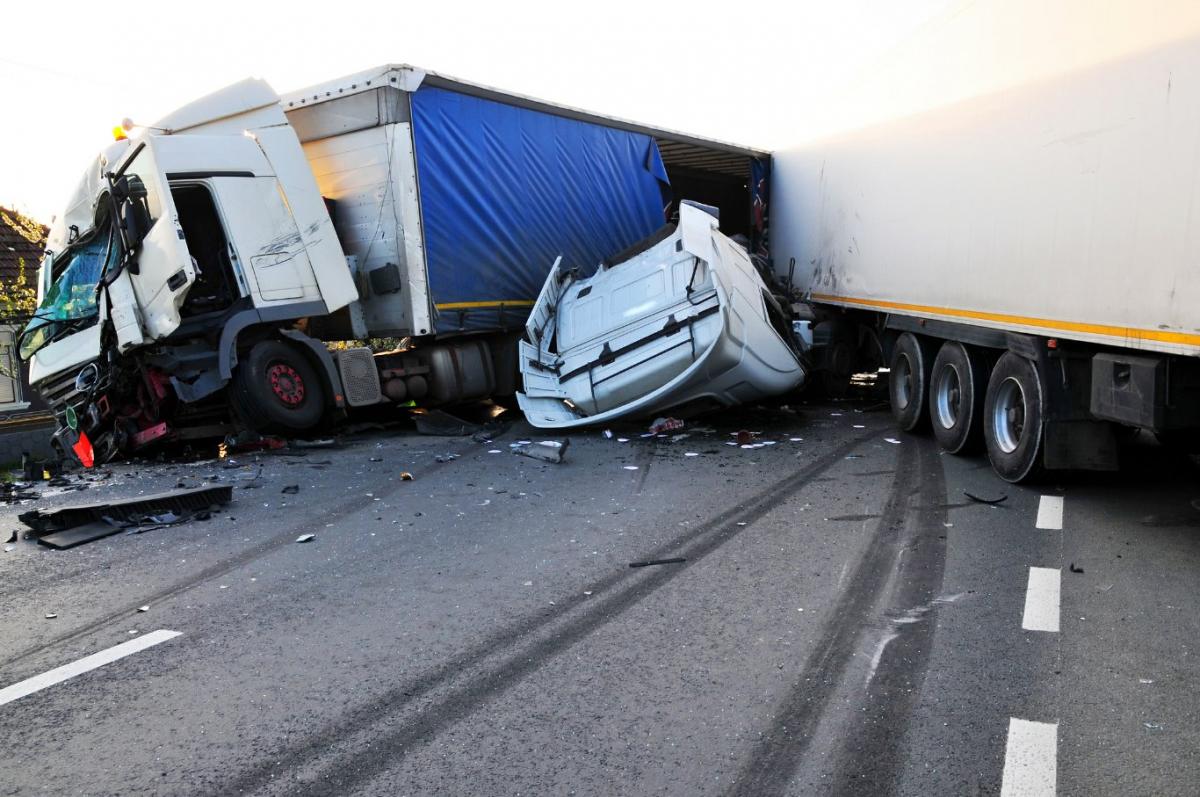
When the Sky Falls – Understanding Your Need for an Aviation Accident Lawyer
When tragedy strikes in the air, the legal landscape can be as complex as the flight itself. Navigating the aftermath of an aviation accident requires specialized knowledge and expertise, which is why securing the services of an experienced aviation Accident Lawyer is crucial for protecting your rights and seeking the compensation you deserve. This article will delve into the essential aspects of understanding an aviation accident, how to work with the right legal professional, and provide you with key information to make informed decisions during such a difficult time.
Information – Understanding Aviation Accidents and Legalities

Aviation law is a highly specialized area, distinct from regular personal injury law. It incorporates both federal regulations from the Federal Aviation Administration (FAA) and international agreements, often involving intricate technical details. Aviation accidents can stem from various causes such as pilot error, mechanical failure, air traffic control negligence, defective equipment, and even severe weather conditions. Understanding the specific cause is paramount to building a strong legal case.
What Role Does an Aviation Accident Lawyer Play?
An aviation accident lawyer doesn’t just represent you in court; their role encompasses a far broader range of responsibilities. They will:
- Investigate the Accident: Meticulous investigation is key to every aviation accident case. Your lawyer will gather evidence from various sources, including flight recorders (black boxes), weather reports, maintenance logs, witness accounts, and reports from the National Transportation Safety Board (NTSB).
- Determine Liability: Aviation accidents often involve multiple potentially liable parties. A skilled lawyer will work to identify all responsible parties, which can include the airline, aircraft manufacturer, maintenance company, or even air traffic control.
- Navigate Complex Legal Frameworks: Aviation law contains countless intricate rules and regulations. Your lawyer understands these frameworks and how they apply to your case to ensure you’re not at a disadvantage.
- Represent You in Negotiations: They will adeptly negotiate with insurance companies and opposing counsel to obtain the best possible settlement on your behalf.
- Litigation (If Necessary): If a fair settlement cannot be reached through negotiations, your lawyer will advocate strongly for your rights by taking your case to court.
How To Write 5 Paragraphs – Crafting a Comprehensive Case Analysis

When working with an aviation accident lawyer to build your case, it typically takes these 5 paragraphs to present all elements:
- Paragraph 1: The Incident’s Narrative – Begin with a clear and detailed recounting of the accident. This will incorporate factual information like the flight’s origin and destination, date and time, type of aircraft, and any known circumstances leading up to the accident. Include details such as weather, specific malfunctions, if known, and the type of incident occurred ( e.g., crash, forced landing, in-flight turbulence).
Paragraph 2: Impact Injuries - Delve into the immediate impact of the accident, both on your physical and emotional well-being and, if applicable for other plaintiffs, their damages. Document not only the physical injuries sustained but also the emotional distress, mental anguish, trauma, and any psychological difficulties as a result of the incident.
Paragraph 3: Identifying Liability - Analyze the probable causes of the accident. Is pilot error a factor? Was a manufacturing defect on the aircraft to blame? Were there maintenance issues? Did the air traffic controllers show negligence? This part outlines who is potentially responsible for the accident by presenting known facts and known evidence.
Paragraph 4: Legal Standpoint - Discuss the violations of aviation safety regulations; these can be Federal Aviation Administration (FAA) rules as well, other laws or international agreements that connect with your case. Describe the legal arguments your attorney is expected to use to build a foundation for compensation.
- Paragraph 5: Claiming Damages– Explain the full scope of damages you’re seeking in your claim. This must encompass past and future medical expenses, lost wages due to injuries, and the suffering and pain experienced. Also, be sure to include expenses incurred due to the plane accident, such as damaged property or other related costs. This paragraph offers a thorough description of the financial, emotional, as well as physical implications of the accident that directly resulted from the incident.
Special Tips Tricks – Navigating the Legal Process

Working with an aviation accident lawyer is a crucial step after such circumstances, and these actionable tactics have proven helpful:
- Early Action: Contact a lawyer soon after an accident. Evidence may disappear, and your rights can be affected by statutes of limitations.
- Documentation is Key: Keep records of your medical treatments, out-of pocket expenses, missed work days, and mental health information stemming from the incident.
- Honest Communication: When discussing details of the accident with your lawyer, honesty and full disclosure are essential.
- Ask Questions: Don’t hesitate to ask your lawyer about your case, the legal process, potential outcomes, and the timelines.
- Research Lawyers: Look for an attorney who has the right credentials with a proven successful track record in the highly specialized field of aviation law.
- Understand Fees: Before you hire, make sure you fully understand how your attorney will be paid – for example, by an hourly rate, flat rate, or contingent fee.
- Avoid Social Media: Be careful of what you post on social media. These posts can be used against you in court.
- Trust the Process: Trust your attorney’s strategy and have confidence in their expertise.
Key Facts – Important Considerations
Navigating the aftermath of an air accident can seem overwhelming, so here are some key facts to keep in mind:
- Statute of Limitations: There are deadlines for filing lawsuits which vary by federal state, city, jurisdiction, type of claim, and the party involved. It is critical to speak with an attorney as soon as possible to make sure you don’t miss this window.
- NTSB Investigation: The National Transportation Safety Board (NTSB) conducts independent investigations for any plane accident. Their findings can aid in discovering the root source but note these investigation are not considered legal conclusions.
- Liability can be complex: Multiple parties can be responsible, that’s why it’s important to work with an experienced lawyer who understands the intricacies.
- Insurance Coverage: Aircraft accidents can involve several different types of insurance such as an airline’s policy, manufacturer’s insurance, or private pilots’ policies, all of which need to be taken into account.
- Compensation Types: Settlements can include payment for medical expenses, lost earnings, pain, as well as suffering, and can be substantial depending on severity of harm.
FAQs
What type of cases does an aviation accident lawyer handle?
An aviation accident lawyer handles cases involving injuries or deaths stemming from aircraft incidents such as plane crashes, helicopter accidents, incidents during flight, and accidents at airports. They deal with both commercial plane and private plane accidents.
When is the right time to contact an aviation accident lawyer?
It’s crucial to contact an aviation accident lawyer as quickly as possible following an accident. Do it immediately after medical care is received because statutes of limitation, and the need to preserve evidence can play an important role in the outcome.
What if I live in a different state than the accident, do I still need an aviation accident lawyer?
Yes, it’s important to find an aviation accident lawyer who’s licensed to practice in the location where the accident occurred, as laws and regulations vary at different levels. Even if you reside in a different state, the attorney will assist you based on where the accident occurred.
What information do I need to give to an aviation accident lawyer?
Be prepared to give your lawyer all details about the incident, which includes: flight details, injury information, all documented medical records, and other related documentation. The honest disclosure will help lawyers get to work quickly when building the best case.
How much will hiring an aviation accident lawyer cost me?
Depending on agreement, some lawyers bill an hourly rate, but many work on a contingency fee basis, which means you don’t pay anything unless you win or settle your case. It’s important to have clear conversations about fees before hiring a lawyer.
Conclusion
Navigating the aftermath of an aviation accident can be difficult, stressful and overwhelming. Securing the assistance of an experienced aviation accident lawyer is paramount to protect your rights, navigate the complex legal environment, and receive the best possible compensation. By gathering information, understanding the steps involved, and employing the provided tips, you can seek proper compensation that will help move forward after such a challenging time. If ever faced with this type of situation, it is always ideal to seek the guidance of a qualified professional for clarity and effective legal representation.




Comments (0)